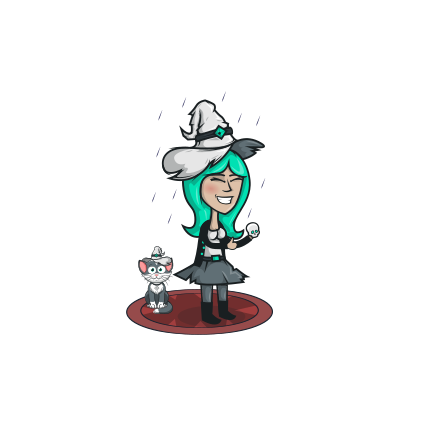vor 1 Jahr
The air is thick with the stench of sulfur and desperation. It's a world where the laws of society have crumbled into dust, and all that remains is the raw, unfiltered chaos of human nature. This is Rust, a game that thrusts you into a brutal, unforgiving wilderness where the line between survival and savagery blurs into a hazy, blood-soaked horizon.
As I ventured into this digital realm, it became clear that Rust is not just a game; it's a fever dream, a trip into the heart of darkness. You awaken on a desolate beach, armed with nothing but a rock and a torch. The sun beats down relentlessly as you scramble to gather resources, all the while keeping one eye on the horizon for signs of danger.
The first rule of Rust is simple: trust no one. The second rule is even simpler: expect to die. In this savage wasteland, other players are not your allies; they are your competition. They will lie, cheat, and kill to take what is rightfully yours. Paranoia becomes your constant companion as you build your ramshackle shelter, never knowing when a marauding band of raiders will descend upon you like vultures.
Communication in Rust is a twisted dance of aggression and diplomacy. As I ventured deeper into this digital madness, I encountered players who spoke in a bizarre, almost tribal dialect. They traded in virtual goods like they were the last scraps of civilization, and they spoke of alliances and betrayals in hushed tones, as if the very words themselves were cursed.
But Rust is not just a game of survival; it's a game of power. The dominant clans and factions control the precious resources, and they enforce their rule with ruthless efficiency. I witnessed grand fortresses rising from the ashes of the wasteland, their towering walls a testament to the lengths people will go to secure their dominion. It's a dog-eat-dog world, and the alpha dogs are always hungry for more.
As I roamed the twisted landscapes of Rust, I encountered a menagerie of characters. There were the madmen who patrolled the roads, clad in improvised armor and armed to the teeth, dispensing justice with a hail of bullets. There were the hermits, holed up in remote cabins, muttering to themselves as they stockpiled supplies for the impending apocalypse. And then there were the traders, the smooth-talkers who navigated the treacherous waters of Rust's black market, making deals and double-crossing their partners with a grin and a wink.
But amidst the chaos and brutality, there was a strange beauty to be found in Rust. The game's landscapes, though desolate, held a kind of bleak majesty. The sunsets painted the sky in fiery hues, casting long shadows across the barren terrain. The sound of distant gunfire echoed through the valleys, a haunting reminder of the constant struggle for survival.
In the end, Rust is a game that strips away the veneer of civilization and forces you to confront the darkest corners of human nature. It's a wild, unrelenting ride through a digital wilderness where the only law is the law of the jungle. As I logged out of the game, I couldn't help but feel a sense of relief, as if I had narrowly escaped the clutches of madness.
So, if you dare to enter the savage world of Rust, remember this: you may lose your sanity, you may lose your humanity, but you will never forget the journey. It's a descent into chaos, a trip into the heart of darkness, and in the end, it's a ride you won't soon forget.








